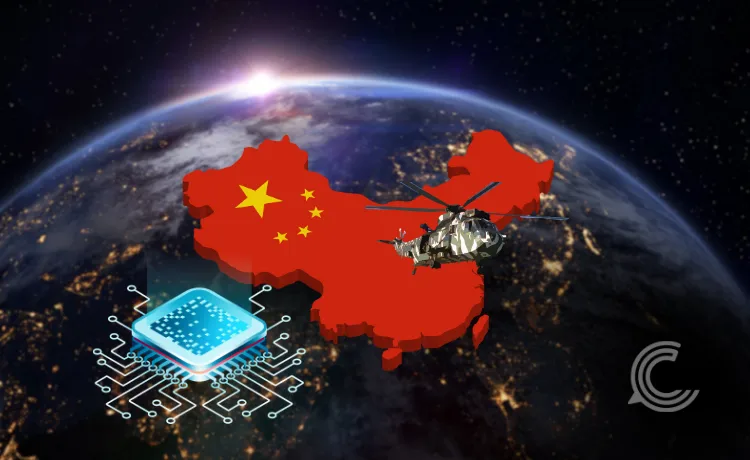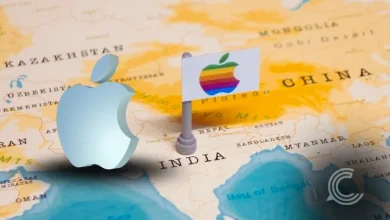China Tightens Rare Earth Export Curbs Over Military and Chip Tech

Key Highlights–
- China expands rare earth export curbs to cover technologies in mining, smelting, and magnet production
- Licenses will be denied for military-linked use; semiconductor and AI exports will be reviewed individually
- The move comes amid renewed trade tensions with the US and global efforts to diversify supply chains
China announced fresh restrictions on the export of rare earth technologies on Thursday, targeting their use in military and semiconductor production. The new rules, issued by the Ministry of Commerce, require companies to obtain export licenses for rare earth mining, smelting, and magnet manufacturing.
Beijing Moves to Tighten Control
Foreign firms using rare earths sourced or processed with Chinese technology will also need approval. The ministry said the decision aims to “safeguard national security and interests” and prevent the materials from being used in “military and other sensitive fields,” according to Reuters.
Applications for exports intended for defense use will be rejected, while those involving advanced computing, artificial intelligence, and memory chips will be reviewed on a case-by-case basis.
Widening Scope of Restrictions
Under the new rules, Chinese citizens and firms are also barred from helping with rare earth mining or processing overseas without official clearance. The policy applies not just to raw materials but also to technologies and machinery used in rare earth production.
According to AP News, this expansion follows earlier measures introduced in April that rattled global supply chains. Those restrictions covered seven types of rare earth minerals and were widely seen as a response to US tariffs.
In addition to this, Beijing is now extending its control to cover the manufacturing processes and related technologies, signaling a move to strengthen its position in the global rare earth market.
Rare Earths at the Center of Trade Tensions
China dominates the global processing of rare earths, a group of 17 minerals critical for electronics, electric vehicles, and defense systems. Analysts told Bloomberg that the new rules could further tighten China’s grip on the sector, as the country already handles about 90% of global rare earth refining.
However, the timing of the move is notable. It comes just weeks before an expected meeting between Chinese President Xi Jinping and former US President Donald Trump during the APEC summit in South Korea. The decision is being viewed as both a national security measure and a strategic bargaining chip in ongoing trade discussions.
Earlier this year, export limits disrupted supply chains across multiple industries, from electric vehicles to defense. Although a temporary deal between the US and China in June helped ease shortages, several companies continue to face delays in sourcing key materials.
Global Push for Alternatives
The latest curbs have pushed other countries to fast-track their own rare earth production capabilities. In India, the government is working on a plan to set up local magnet manufacturing units worth around $840 million USD to reduce dependence on Chinese imports, according to Business Standard.
Similarly, Australia’s Lynas Rare Earths has joined forces with US-based Noveon Magnetics to produce rare earth magnets domestically, strengthening efforts to build a supply chain independent of China. The United States, Japan, and the European Union are also ramping up investments in recycling and refining projects to secure local rare earth supplies.
These moves reflect growing global concern about supply vulnerabilities, especially as China’s export curbs continue to tighten.
What Lies Ahead
The Ministry of Commerce stated that it had identified instances where foreign entities had transferred Chinese rare earth materials for military or sensitive purposes, labelling such actions a “threat to national security and global stability.”
While Beijing insists the restrictions are about national defense, many experts see them as part of a broader effort to use resource control as leverage in trade negotiations. For now, the new rules are in effect, and industries dependent on rare earths are bracing for potential delays and higher costs.
As China’s rare earth export curbs deepen, global manufacturers are expected to accelerate their diversification efforts, but replacing China’s dominance in processing and technology will take years.



